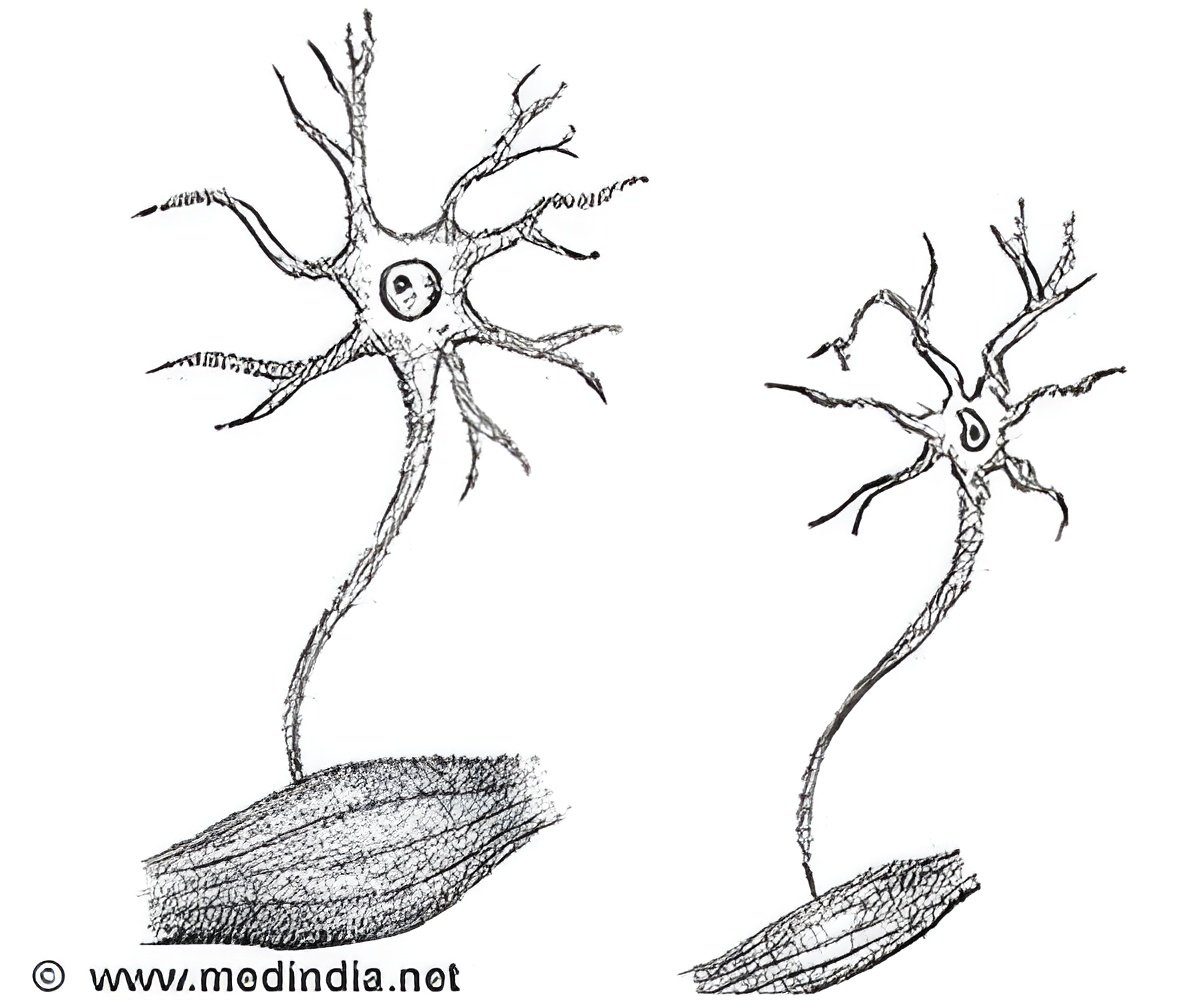A new discovery made in fishes could aid the research into motor neuron disease

The discovery may aid efforts to create neurons from stem cells in the lab, and support further research into a disorder for which there is still no cure.
In humans, motor neurons control important muscle activities such as speaking, walking and breathing. When these cells stop working, it causes difficulties in motor functions and leads to paralysis and death.
While humans cannot replace motor neurons when they break down, zebrafish can, making them a good model for research.
The study, led by scientists at the University of Edinburgh's Centre for Neuroregeneration, is the first to show that a signal released from the fish's brain – a hormone called dopamine – triggers the development and regeneration of cells in the spinal cord.
Dopamine acts on a mechanism – known as the hedgehog pathway – to increase the number of motor neurons formed in the developing spinal cord of zebrafish.
Dopamine was also found to drive the development of motor neurons in human embryonic stem cells, potentially paving the way for new and improved studies into motor neuron disease.
It was mainly funded by the BBSRC, The Packard Center for ALS Research at Johns Hopkins, the Euan MacDonald Centre for MND Research at the University of Edinburgh and MND Scotland.
Dr Catherina Becker, Reader in Neurobiology at the University of Edinburgh's Centre for Neuroregeneration, and one of the lead authors of the study, said: "Our work sheds light on the way in which motor neurons develop and re-generate, and could inform research that leads to an increased understanding of motor neuron disease and spinal cord injuries."
Source-Eurekalert
 MEDINDIA
MEDINDIA



 Email
Email










